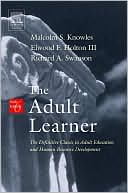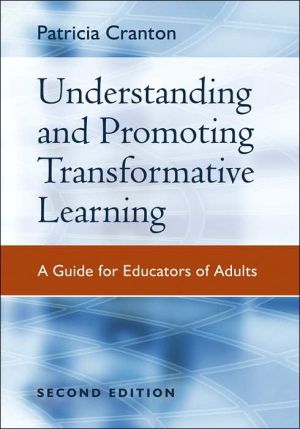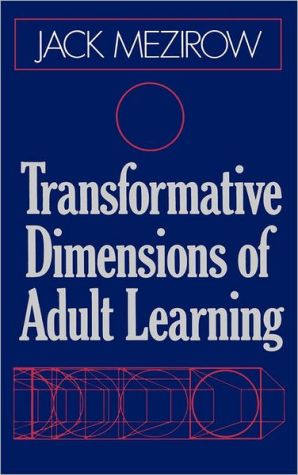The Adult Learner: Some Things We Know (In A Nutshell Series)
Discover strategies that work with the adult learner!\ Based on the authors’ 20 years of combined experience, this illuminating text examines the challenge of teaching adults and reveals what really works when leading professional development training for educators. Ideal for new and aspiring staff developers, this resource presents research-based adult learner theory and reviews assumptions about adult learners, principles that guide adult learning practices, and adult responses to change....
Search in google:
The Adult Learner: Some Things We Know addresses the "warrior" who rises to the challenge of teaching the adult learner. The discussion is designed as a catalyst for dialogue about the adult learner and to uncover the complexities of teaching this rare and riveting species.This book is organized around three interlocking themes: some things we know about the adult learner; some things we know about change; and some things we know about professional development. In the process of reading the book, the reader gets a glimpse into the research that supports the theory of the adult learner, into the principles that guide the learning practices of the adult learner, and into the strategies that "work in the work setting" for the adult learner.
AcknowledgementsPrefaceIntroduction1. Some Things We Know About Adult Learners Telltale Comments Things We Know Adult Learning: The Research Base Five Assumptions About Adult Learners Supporting Assumptions About Adult Learns Krupp's Work on Adult Learners Thirty Things We Know for Sure2. Some Things We Know About Change This Horse Is Not Dead The Change Game Who Moved My Cheese? Group Process-Roles People Play The Three-Tiered Change Process3. Some Things We Know About Professional Development Evolution of Professional Development Models Learning Organizations Best Practices in Professional Development The Training Model4. Conclusion Concerns Based Adoption Model Situational Dispositions for TransferAppendix: Discussion of Statements in Figure 1.1Bibliography







